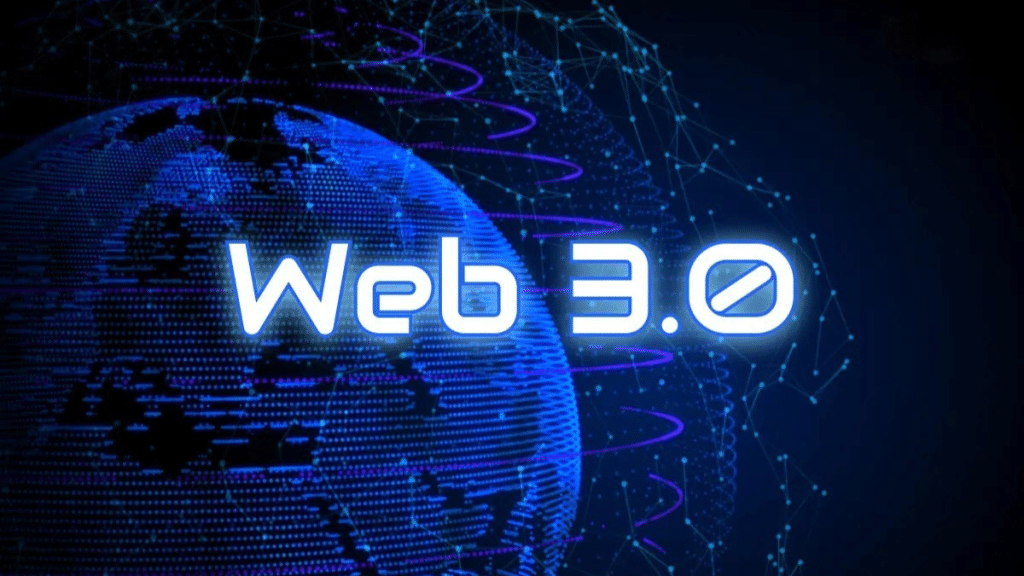With the emergence of Web3, the Internet has entered a new phase of development, as a more decentralised and user-centric digital world is emerging. Web3 is a real alternative to the current centralised platforms, allowing new business models to emerge.
This technology is at the forefront of the development of blockchain, smart contracts and tokenisation. In the article below you can see how this technology is transforming the way businesses operate and the opportunities it opens up for innovative companies.
Basics of the Web3 – Decentralised Infrastructure
A key feature of Web3 is that it removes the link between intermediaries and the Internet. While in the Web2 era, large platforms such as Facebook, Google, Verde Casino and Amazon used to control user data, Web3’s purpose now completely overcomes this.
Their aim is to give every user control and direct control over their personal data in the online world. They do this through a fully decentralised network, such as Ethereum, where people can transact directly and rely and rely on technology rather than trust.
New Values and Business Opportunities
Whether it is cryptocurrencies or tokens or even irreplaceable tokens, they all offer new ways to transfer and transmit value. These changes are also interesting from the point of view of business models, with the possibility of partial ownership.
This means that partial ownership of physical or online assets, such as real estate, licensing rights or the Verde casino, is possible, thus opening up new investment opportunities. At the same time, token-based payments are also emerging, such as content producers receiving tokens for community participation, thus motivating active community building. These models fit particularly well with the principles promoted by the creative industries, including entertainment and game development.
New Challenges and Risks
Web3 is not without its challenges and risks. The first of these is the lack of regulation, which is present in most countries, most notably in the form of blockchain and imprecise legal frameworks.
At the same time, the technological complexity is not new, as writing smart contracts and operating them securely requires considerable technological knowledge. While user education is also very important, this is not always done in the right context, as the use of decentralised systems is still a major user problem for many.
At the same time, the volatility of Web3 also poses very difficult challenges for users. The continuous volatility of crypto assets represents a serious business volatility and risk for everyone.
Business Culture, Digital World and the Web3 Connection
Digitalisation has not only brought new tools, it has also significantly transformed our everyday lives, the way we work, the investments we make and the smart tools we use.
Business culture used to depend on physical presence, or more precisely hierarchy, and was much more dependent on fixed operations. Today we are increasingly seeing network thinking and digital flexibility taking over.
But how does the evolution of technology and the presence of Web3 affect workplace presence and habits? Traditional business structures such as the Verde casino tend to focus on loyalty, while digital culture is more about transparency, for example open communication, agility, or more precisely, rapid adaptation and ultimately flexibility and digital awareness.
Today, it is no longer enough for a company to create a good product, they need to come up with a team for which all the above mentioned qualities will be true. What is needed is a team that can adapt quickly and flexibly to the ever-changing digital world and the challenges it brings.
Technology is not Culture, but it Shapes it
The digital world can and will not replace business culture, but rather shape and mould it. Companies that are able and conscious to integrate technology into culture, be it Web3 or other options, will gradually show tremendous progress and will be able to create jobs and competitive salaries that will be beneficial to the current generation.
The successful companies of the future will not just be using simple digital tools, but a mindset that will drive major change, while Web3 and blockchain technology will open up a new era for entrepreneurs.
By engaging customers directly and changing the way finance is done, all show that a new business model will enter the market, one that is better mastered and learned now, as it will not only bring changes financially, but also lifestyle changes.
Companies that are able and willing to adapt to this will undergo significant change, and in a positive way, which will benefit them in the future, as they will not only adopt technology, but also culture.
